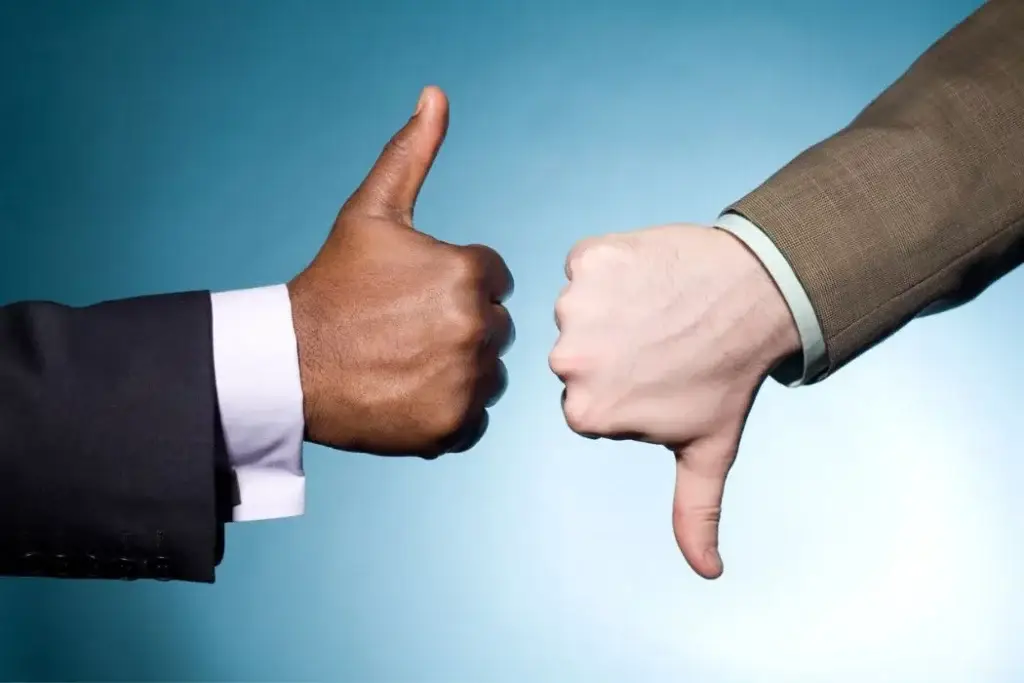Disagreement should not be upsetting.
I come from an academic background where people could disagree in public vehemently and then go out for collegial dinner and drinks afterward. Not as an exception but as a norm. It’s just how debate happened when people had different approaches to a text or topic.
Of course, there were still lines that should not be crossed, but in general, it was part of how the profession interacted. No idea if it still works this way, but it had its virtues.
Imagine my early surprises after academia learning that you might want to refrain from taking someone apart in a meeting, regardless of seniority or hierarchy. It doesn’t work very well in casual social discussions about politics either.
More commonly, disagreement plays as challenge or threat. But I miss it: fierce and principled disagreement over ideas, built on premises of mutual respect between people. It helps people think harder, consider more, and communicate with greater clarity.
We lose a lot when we are afraid to disagree with each other.
Writing this post made me think of something I read a few years ago: Conflict Is Not Abuse: Overstating Harm, Community Responsibility, and the Duty of Repair, by Sarah Schulman. Worth a read if this post resonates with you!




